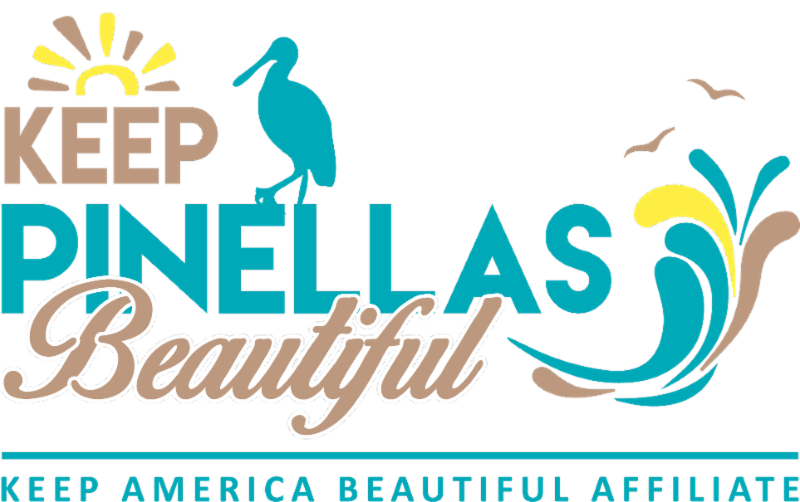Benefits of Beekeeping for National Honey Month
This September, we celebrate National Honey Month, which aims to bring awareness to the importance of bees and the benefits of beekeeping.
While bees may be small, they act as one of the most important pollinators in the world for the crops we rely on for food. Pollination is vital for crops to ensure successful reproduction, which allows for more produce available to both humans and animals. Unfortunately, due largely to the use of pesticides and the effects of climate change, the bee population has been declining over the last hundred years. For the month of September, we’d like to bring attention to beekeeping in order to boost the population of our favorite buzzing pollinator!
How does pollination work?
Pollination is required to produce one in every three bites of food humans eat. But how does it work? In short, flowers are made up of male parts, known as anthers, and female parts, known as stigmas. Anthers produce pollen while stigmas fertilize that pollen to create seeds, thus allowing for reproduction of the plant. Bees, who feed on the nectar of flowers, are responsible for collecting pollen from a flower’s anther and transferring it to another flower’s stigma, acting as a vital force in the reproduction of many valuable crops.
What Are the Benefits of Beekeeping?
Considering the importance of pollination, beekeeping is a proactive step you can take to fight against the decline of the bee population. Let’s take a look at some more of the benefits beekeeping has to offer:
1.) It will benefit your garden - Beekeeping aids in the production of healthy crops not only for the world’s population, but for your own backyard as well. If you have your own produce garden, bees will help produce large and uniform fruits and vegetables for you and your family to enjoy.
2.) It promotes biodiversity within communities - Bees travel up to three miles when working to pollinate plants. This means that if one household practices beekeeping, the perks of plant reproduction will be shared with neighboring gardens and green spaces, increasing biodiversity.
3.) Being a skilled beekeeper translates to being a skilled gardener - If you are minding a beehive, your efforts will also apply to the care of your own garden. This includes paying more attention to weather patterns, noticing good versus bad insects, and being more mindful with the use of pesticides.
4.) Free honey - Honey is a beloved natural sweetener, and for good reason: it’s delicious! Beekeeping, when done correctly, provides beekeepers with a yummy reward of raw honey to consume and share with friends and neighbors.
How KPB is Celebrating National Honey Month?
Beekeeping is an excellent and effective way to promote the world’s bee population, but how else can we support the bees? At Keep Pinellas Beautiful, we prioritize the growth of native pollinating plants through our planting and gardening efforts. Planting native pollinators attracts bees and other pollinating insects, which in turn encourages the spread of biodiversity within Pinellas county and beyond. Some native pollinators you can add in your own garden include aquatic milkweed, American beautyberry, butterfly weed, hardy hibiscus, and coral honeysuckle.
American Beautyberry
Coral Honeysuckle



